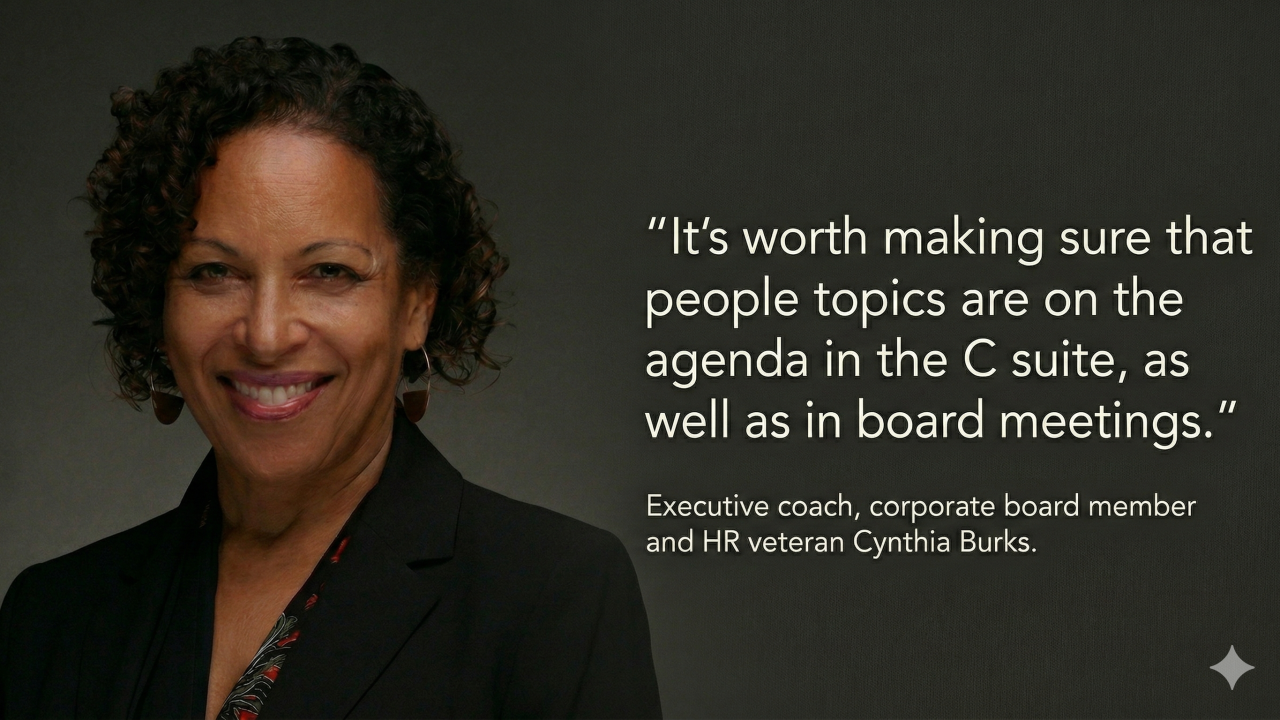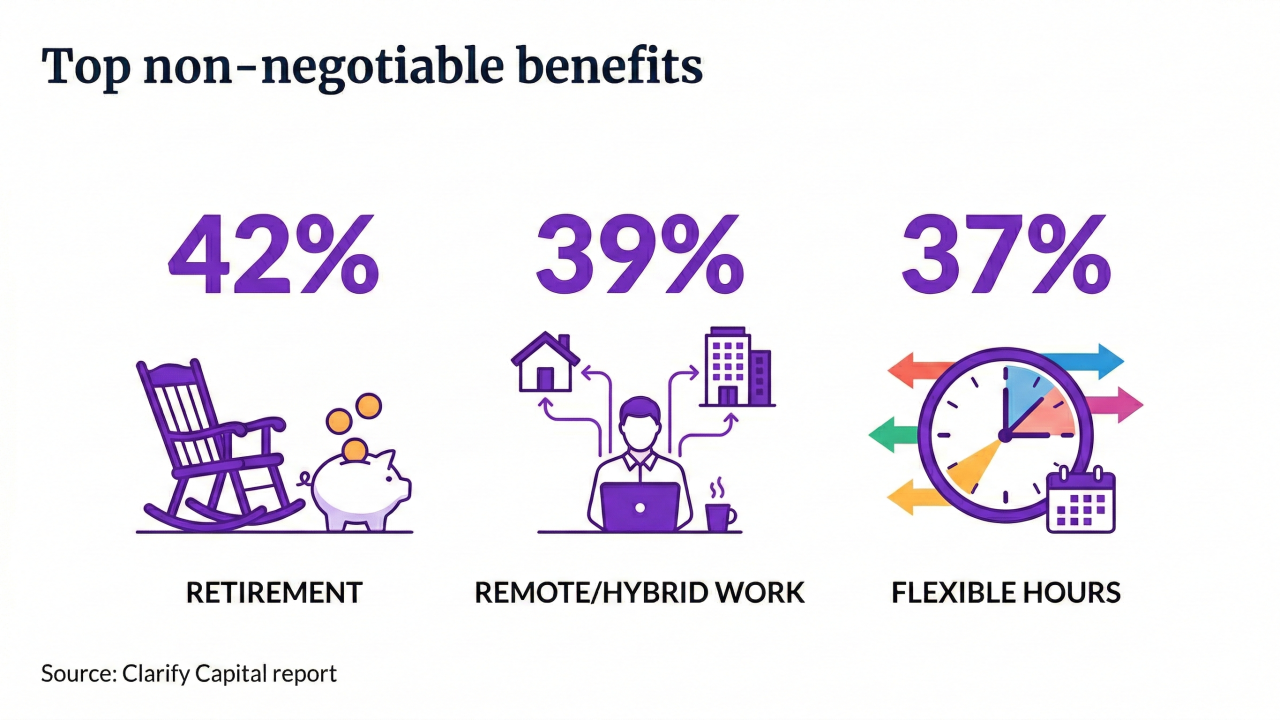The Department of Labor’s
Although most industry experts believe the fiduciary rule will exist in some form or other after the delay, employers should take this opportunity to shop their retirement plans around, rework their investment menus and negotiate the fees their financial advisers are charging the plan. Employers are still fiduciaries, experts note, and in light of all the recent retirement plan litigation, it is in their best interest to make sure they are making decisions in the best interest of their workers.
The postponement of the April deadline for the fiduciary rule, which requires retirement advisers to put their clients’ best interest first, comes after President Donald Trump asked in a February 3 memo the department to examine the rule to determine if it would have an adverse effect on the ability of Americans to gain access to retirement information and financial advice.
If the fiduciary rule is repealed, Andrew Oringer, co-chair of the employee benefits and executive compensation group at Dechert LLP, says he doesn’t think it will simply be back to business as usual for advisers or employers.

“There’s been a general trending in favor of a best interest overlay anyway, and I think that both sides of the market — the financial services organizations and investors — have grown to appreciate that,” he says. “I think there’s some business-based movement toward a best interest standard, not necessarily the type of hyper-technical rules we have under the DOL regulations, but some kind of principle in that direction.”
He adds that even if the rule is scuttled, he believes it will be replaced by some kind of best interest legal standard, possibly made applicable to all accounts, not just retirement accounts. In that sense, all of the work companies put into complying with the final fiduciary rule was not in vain.
See also:
The DOL fiduciary rule extension would give the department time to collect and consider information related to the issues raised in the memorandum before the rule and exemptions apply. The proposed extension will be published in the Federal Register on March 2; there will be 15 days for public comments after that.
Oringer says that with the fiduciary rule delay, one has to acknowledge the elephant in the room — “the question of how adverse to this rule is the Trump administration.”
“If, in fact, the Trump administration is as adverse to the rule as some of the reports seem to indicate, all of these procedural hurdles are just that — procedural hurdles,” he says. “You can imagine a timeline where they look at the comments over the next 15 days and finalize the extension. It then gives them time to collect comments which could lead to a scaling back or a scuttling of the rule.”
His advice to his clients is that if they have already made significant investments toward compliance, “continuing to pursue compliance efforts makes some sense.” For those companies who have limited resources, he says, “I’m not sure devoting substantial attention to complying with this rule right now makes much sense.”
Seth Safra, a partner in Proskauer’s employee benefits and executive compensation group, says that delaying or changing the fiduciary rule would have a significant impact on broker dealers, HSA providers and small benefit plan providers.
“I think they have put a lot into complying with these rules and changing their systems,” Safra says. From a business perspective, many have already changed their compensation structures from a commission-based system to fee-based.
“Some will decide they have already gone down that road and will continue to do it,” he says. “Others will continue to offer customers two options and not have to force people into a fee-based option.”
In the case of the best interest contract exemption, which has been the source of much angst in the retirement industry, Safra says that none of his clients would continue complying with the exemption if they didn’t have to.
“Even if they already sent them out, they would rescind them. I’m just guessing,” Safra adds.
Still, just because the administration has asked for a delay, it doesn’t mean that it will result in the fiduciary rule being eliminated, he says. There’s a good chance that parts of the fiduciary rule will continue on but without the best interest contract exemption, or if the BIC exemption remains, it might be less onerous than the original proposal.
Because there isn’t a labor secretary or head of the Employee Benefits Security Administration yet, “it will take time to get people in place to review it and ask questions,” he says.
Joy Napier-Joyce, practice group leader for the employee benefits practice group at Jackson Lewis P.C. in Baltimore, said recently that she didn’t think
Most financial institutions have already changed their business models to comply with the fiduciary rule in April, so Napier-Joyce doesn’t believe those companies will completely go back to their previous business models, even if the rule is eventually rescinded.
“I think that what we will still see is some of the work that went into complying will be here to stay, regardless of whether it is mandated in a rule or not for part of the industry,” she says. “We may see other products come back but not a wholesale move away from the products that were created in response to the rule.”
Tim Pawlenty, CEO of Financial Services Roundtable, says that “FSR believes a best-interest standard should be implemented for all investment accounts and that financial professionals should act in the ‘best interest’ of their customers. But such a requirement should be implemented without miles of bureaucratic red tape. The DOL’s rule will lead to fewer retirement savings choices for many Americans and we are encouraged the DOL is proposing to delay this rule.”
The Financial Services Roundtable believes the Securities and Exchange Commission should be the agency that crafts a best-interest standard for all brokerage accounts, including IRAs, held by retail customers and that the DOL should fully rescind its rule on this matter.





